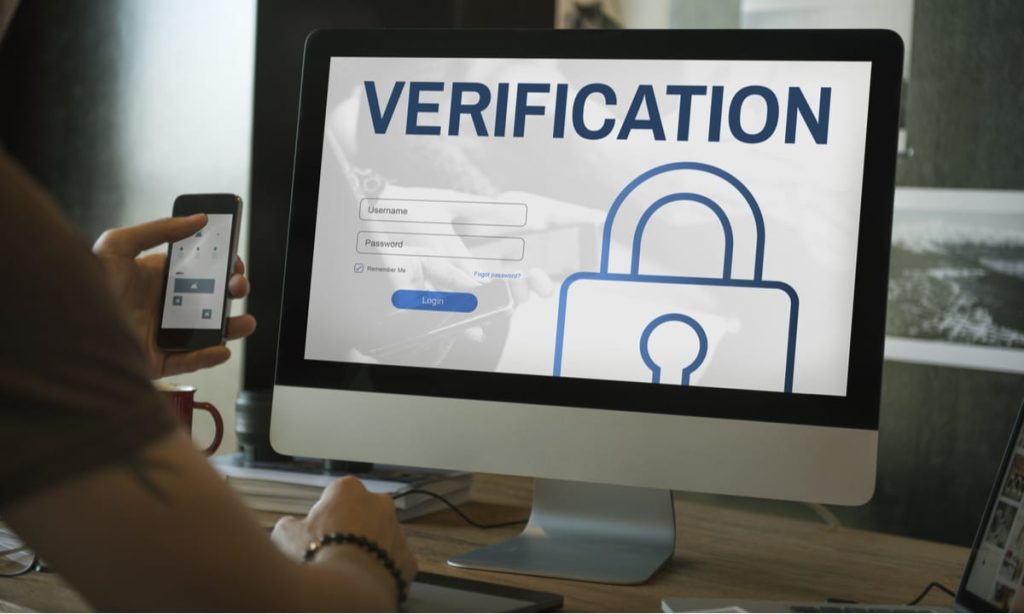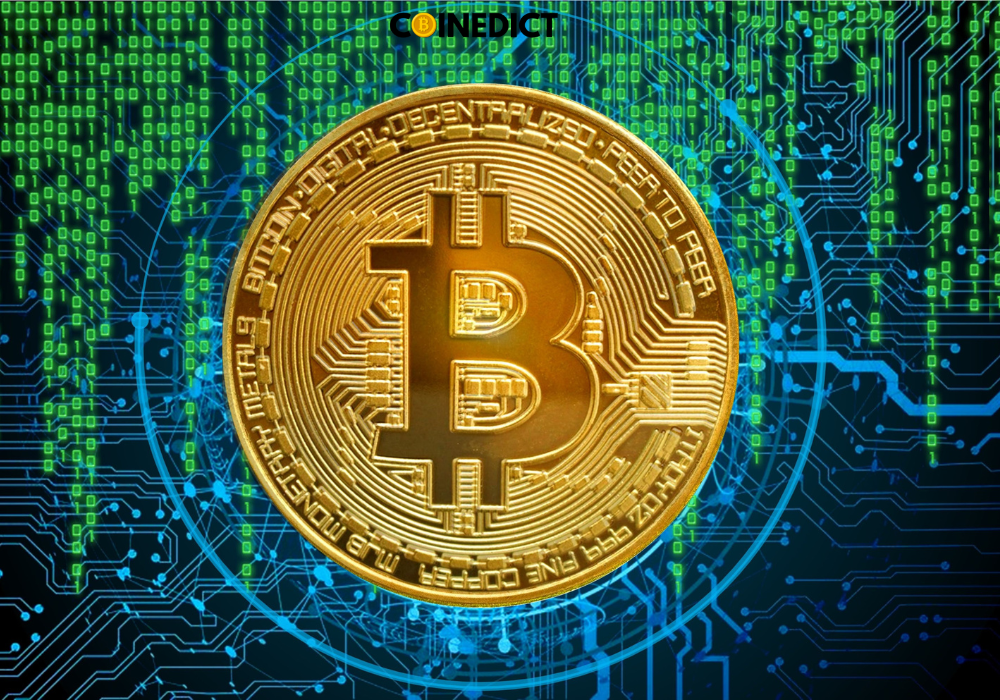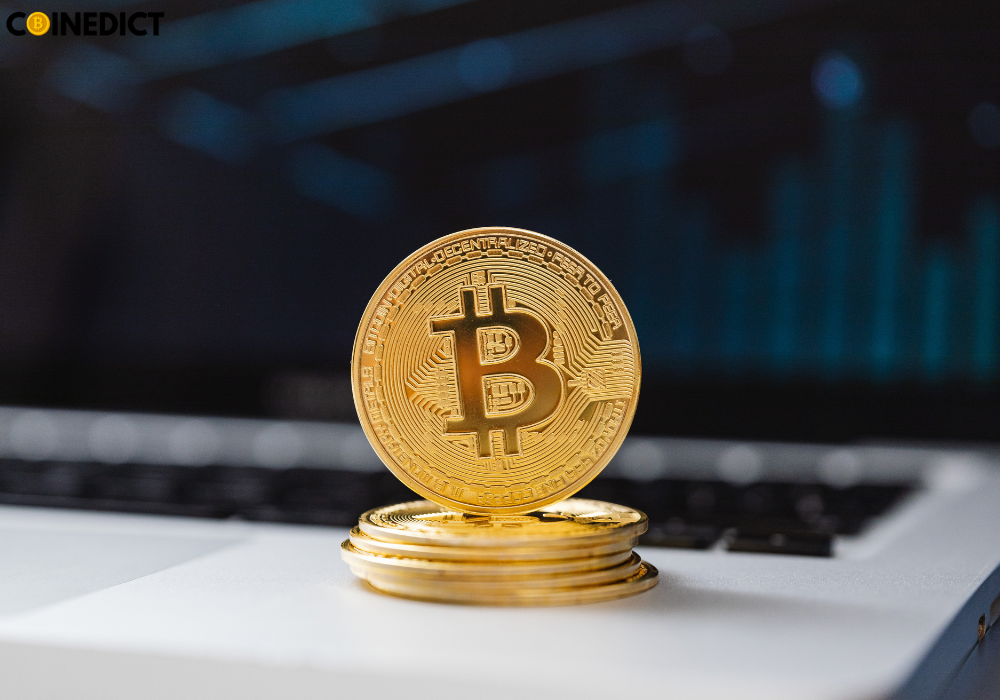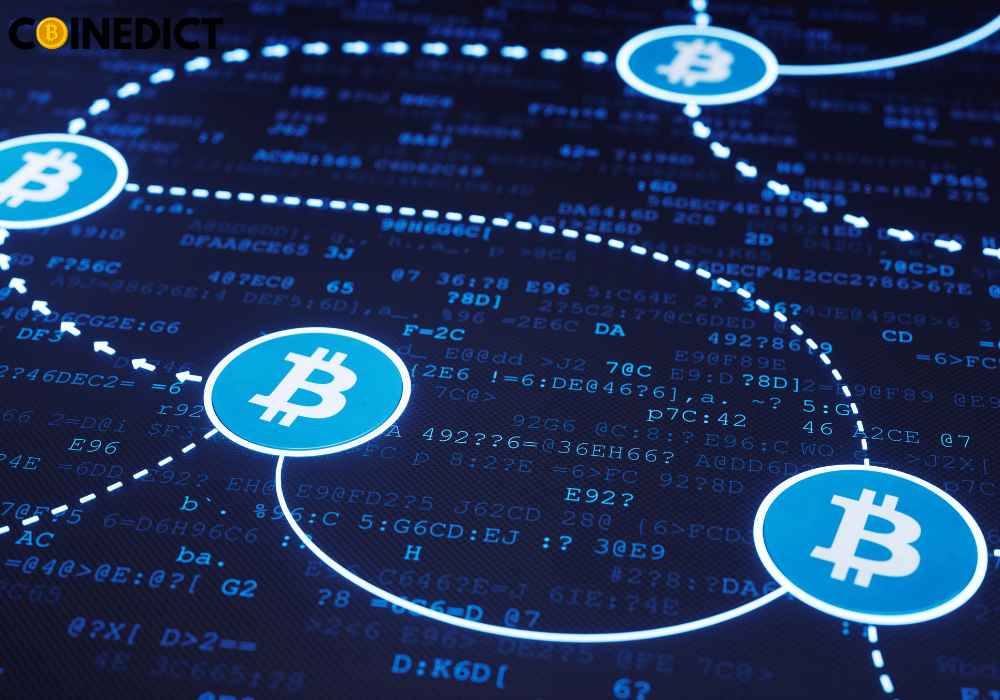DeFi (decentralized finance) has revolutionized the financial landscape, offering exciting opportunities for users and investors. However, the decentralized nature of DeFi also introduces security risks that need to be addressed. By following a set of best practices, users and investors can enhance their security posture and protect their funds in the DeFi space.
Introduction
As DeFi continues to grow, it is crucial to prioritize security to safeguard against potential risks and vulnerabilities. This article provides essential tips and best practices for users and investors to enhance their security measures and navigate the DeFi ecosystem with confidence.
Understanding DeFi Security
Risks and Vulnerabilities in DeFi
DeFi platforms are built on smart contracts, which can be susceptible to coding errors and vulnerabilities. Additionally, malicious actors can exploit weaknesses in the system, potentially resulting in financial losses. Understanding these risks is the first step towards implementing effective security measures.
Importance of Security Best Practices
Adopting security best practices is crucial to protect against potential threats in the DeFi space. By following these practices, users and investors can mitigate risks, safeguard their assets, and contribute to the overall security and stability of the DeFi ecosystem.
Secure Wallet Management
Choosing a Reliable Wallet
Selecting a reputable and secure wallet is paramount to protecting your funds. Opt for wallets with a proven track record, strong security features, and good user reviews. It is advisable to choose non-custodial wallets that give users full control over their private keys.
Implementing Strong Passwords and Two-Factor Authentication
Strengthening your wallet’s security is essential. Create strong, unique passwords that are not easily guessable and enable two-factor authentication (2FA) whenever possible. 2FA adds an extra layer of protection by requiring a second verification step to access your wallet.
Keeping Wallet Software Up to Date
Regularly update your wallet software to ensure you have the latest security patches and improvements. Wallet providers often release updates to address vulnerabilities and enhance security. Staying up to date minimizes the risk of exploitation.
Conducting Due Diligence on Projects
Researching the Team and Background
Before engaging with a DeFi project, conduct thorough research on the team behind it. Look for experienced developers and transparent communication channels. Verify their credentials, past projects, and community involvement to assess their credibility.
Analyzing Smart Contracts and Audits
Evaluate the security of a project’s smart contracts. Check if the contracts have undergone external audits by reputable firms. Audits help identify vulnerabilities and ensure the smart contracts are robust and secure. Be cautious of projects without proper audits or those with significant security concerns.
Monitoring Community and Market Sentiment
Stay informed about the community and market sentiment surrounding a DeFi project. Join reputable forums and social media channels to gauge the overall perception and potential red flags. Be wary of projects with excessive hype or suspicious activities.
Verifying Smart Contracts and Token Addresses

Using Etherscan and Other Blockchain Explorers
Leverage blockchain explorers like Etherscan to verify smart contracts and token addresses. These tools allow you to examine the contract’s code, transaction history, and token details. Verify that the deployed contract matches the official one provided by the project.
Cross-Checking Contract Code and Published Addresses
Cross-check the project’s official channels, such as their website and social media, to ensure the published contract code and token addresses align. Malicious actors may attempt to distribute fake or malicious contracts, leading to significant financial losses.
Being Cautious of Phishing and Scams
Double-Checking URLs and Official Communication
Exercise caution when interacting with DeFi platforms and avoid clicking on suspicious links. Double-check website URLs to ensure they match the official platform. Be wary of unsolicited emails, messages, or social media posts requesting private information or seed phrases.
Avoiding Suspicious Links and Requests for Private Information
Never share sensitive information such as private keys, seed phrases, or passwords with anyone. DeFi platforms will never ask for this information. Be cautious of fake airdrops, giveaways, or investment opportunities that require personal details.
Utilizing Multi-Signature Wallets and Hardware Wallets
Enhancing Security with Multi-Signature Wallets
Consider utilizing multi-signature wallets for added security. These wallets require multiple signatures to authorize transactions, reducing the risk of unauthorized access. Distributed control among multiple parties enhances the overall security posture.
Storing Funds Offline with Hardware Wallets
Hardware wallets provide an additional layer of security by storing private keys offline. These physical devices protect against malware and phishing attacks. Invest in a reputable hardware wallet from trusted manufacturers to safeguard your funds.
Participating in Whitelisting and Token Sale Events
Verifying Official Channels and Whitelist Instructions
When participating in token sale events or whitelisting processes, verify the official channels and instructions. Follow the project’s guidelines explicitly and avoid falling for phishing attempts. Scammers may impersonate projects to deceive unsuspecting users.
Exercising Caution with Token Sale Participation
Exercise caution when participating in token sales. Analyze the project’s whitepaper, roadmap, and token economics. Consider the team’s track record, the project’s viability, and the potential risks. Investing only what you can afford to lose is crucial in the volatile DeFi market.
Engaging with DeFi Auditing and Security Services
Benefits of Third-Party Audits and Security Assessments
Engage with third-party auditing and security services to assess the security posture of DeFi projects. These experts can conduct thorough audits, identify vulnerabilities, and recommend security enhancements. Their insights provide an unbiased assessment of a project’s security measures.
Utilizing Security Tools and Services
Leverage security tools and services to enhance your security. Use antivirus software, firewall protection, and secure browsing practices. Consider using decentralized VPNs and browser extensions that provide additional layers of privacy and security.
Keeping Abreast of DeFi Security News and Updates
Following Reputable Sources and Communities
Stay informed about the latest DeFi security news and updates. Follow reputable sources, such as security blogs, industry publications, and official project announcements. Engage with communities that discuss security practices, share insights, and raise awareness about potential threats.
Staying Informed about Recent Vulnerabilities and Exploits
Be aware of recent vulnerabilities and exploits in the DeFi space. Stay informed about the measures taken by projects to address these issues. Regularly check security advisories and updates from projects and security researchers to stay ahead of potential risks.
DeFi Insurance Protocols and Coverage Options
The growth of decentralized finance (DeFi) has brought about the need for innovative solutions to mitigate risks and protect users’ funds. DeFi insurance protocols have emerged as a critical component in providing coverage against various risks associated with DeFi activities. These protocols aim to offer financial protection and compensation in the event of hacks, smart contract failures, or other unforeseen events.
1. Overview of DeFi Insurance Protocols
DeFi insurance protocols act as intermediaries between users and insurance providers, enabling users to purchase insurance coverage for their assets locked within DeFi protocols. These protocols typically operate on the blockchain and utilize smart contracts to automate the insurance process, eliminating the need for traditional intermediaries.
The protocols offer a range of coverage options, including protection against hacking incidents, smart contract bugs, collateral loss, oracle failures, and liquidity pool risks. Users can choose the specific coverage they need based on their risk appetite and the assets they have exposed to DeFi platforms.
2. Types of Coverage Provided by DeFi Insurance
DeFi insurance protocols provide different types of coverage to address the specific risks associated with DeFi activities. Some common coverage options include:
- Smart Contract Coverage: This type of coverage protects against smart contract vulnerabilities and failures that could lead to financial losses. In the event of a smart contract exploit or failure, users can file a claim to receive compensation for their losses.
- Liquidity Coverage: Liquidity coverage is designed to protect users in decentralized exchanges and liquidity pools. It provides coverage against impermanent loss, rug pulls, and other liquidity-related risks. Users can be reimbursed for losses incurred due to malicious actions or unforeseen events affecting the liquidity pool.
- Custodial Coverage: Some DeFi insurance protocols also offer coverage for assets held in custodial wallets. This coverage protects against theft, loss, or hacking incidents affecting the custodial service provider. It provides an additional layer of security for users who choose to store their assets with custodians.
3. Evaluating the Reliability and Effectiveness of DeFi Insurance
When considering DeFi insurance options, it is essential to evaluate the reliability and effectiveness of the insurance protocols. Factors to consider include the reputation and track record of the insurance protocol, the liquidity and financial strength of the insurance pool, and the transparency of the claims process.
Users should also review the terms and conditions of the insurance coverage, including any exclusions or limitations. Understanding the coverage limits, deductibles, and claim procedures is crucial to ensure that the insurance meets their specific needs.
Additionally, users should assess the protocol’s governance mechanisms and risk assessment processes. The involvement of reputable insurance providers, auditors, and underwriters can instill confidence in the reliability and effectiveness of the coverage.
As the DeFi ecosystem continues to evolve, DeFi insurance protocols are likely to enhance their offerings and expand coverage options. Users should stay updated on the latest developments in the DeFi insurance space to make informed decisions regarding their risk management strategies.
Expanding the availability of reliable and comprehensive insurance coverage in DeFi can contribute to the overall security and stability of the ecosystem. It instills confidence in users, attracts institutional investors, and paves the way for wider adoption of decentralized finance.
Conclusion
Adopting robust security practices is essential for users and investors engaging in DeFi. By implementing secure wallet management, conducting due diligence, verifying smart contracts, and staying informed, individuals can protect their funds and navigate the DeFi landscape with confidence. Vigilance, caution, and continuous learning are key to ensuring a safe and secure DeFi experience.











